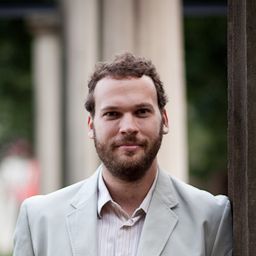Critical Heritage Studies and the Law: What Does it Change? (cancelled)
Mon statut pour la session
This roundtable session engages with the relations between critical heritage studies and the law. From the definition of heritage down to specific safeguarding programs, the law influences heritage management, and heritage studies seems to overlook that influence. It also contributes to articulating connections to cultural identity, and structures around cultural diversity and intercultural dialogue. For the most part, these relationships between heritage studies and heritage law are fraught with difficulties. The law seems to be for the most part blind to the field of critical heritage studies, and too deferential to orthodox understandings of heritage as a goal in itself. On the other hand, critical heritage studies scholars normally see the law as part of the set of authorizing practices that form the "Authorized Heritage Discourse", and that must be combated. All the while, potentials to use the law (as a language of power) to articulate critical heritage studies goals seems to be missed, and the law remains oblivious to the fact that heritage is not (or should not) be an end in itself. These tensions can be seen in examples as varied as the limitations of a state-centric approach to curbing the illicit traffic of objects, down to flawed constructions of cultural identity to serve a limited legal system that are usually attributed to "strategic essentialism", the exclusion of communities from a legal system that is too deferential to certain types of experts, or even the ways in which human rights law tools have been used by certain international organizations to promote certain heritage goals and programs. This roundtable is formed of both lawyers and non-lawyers in the field of heritage studies, all of whom engage with the law in their professional practice. It will start by asking participants to articulate their experiences with the legal system and the field of critical heritage studies, and the tensions in those encounters. It will then proceed to inquire whether relations between the two fields are possible or even desirable. The participation of the audience will be a key component of this roundtable, and we expect to leave plenty of room for a broader discussion in the room. We hope that the exchange of experiences and the open dialogue will allow roundtable speakers and audience participants to reflect on what, if anything, the law can do for the future of heritage.



Discussion